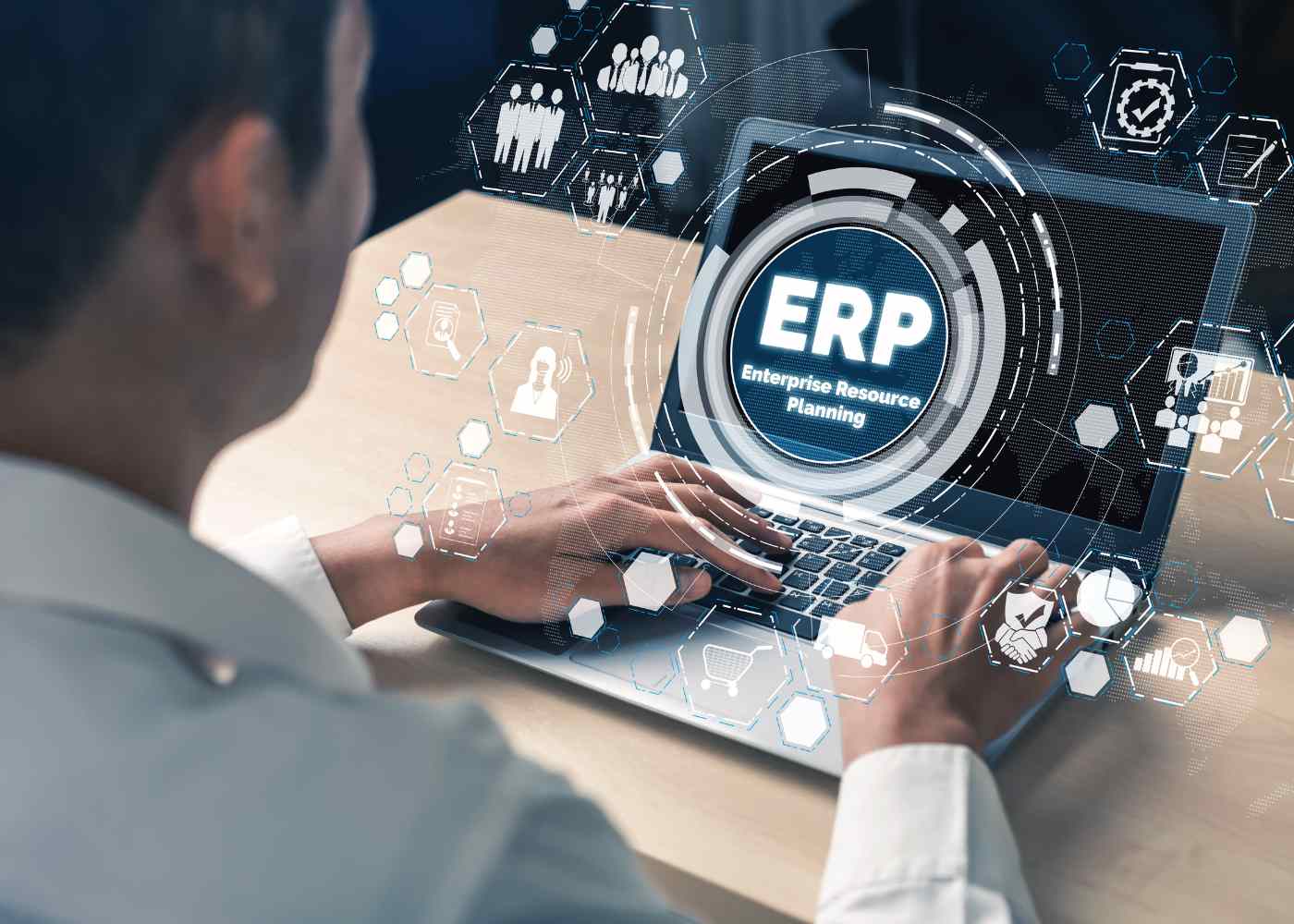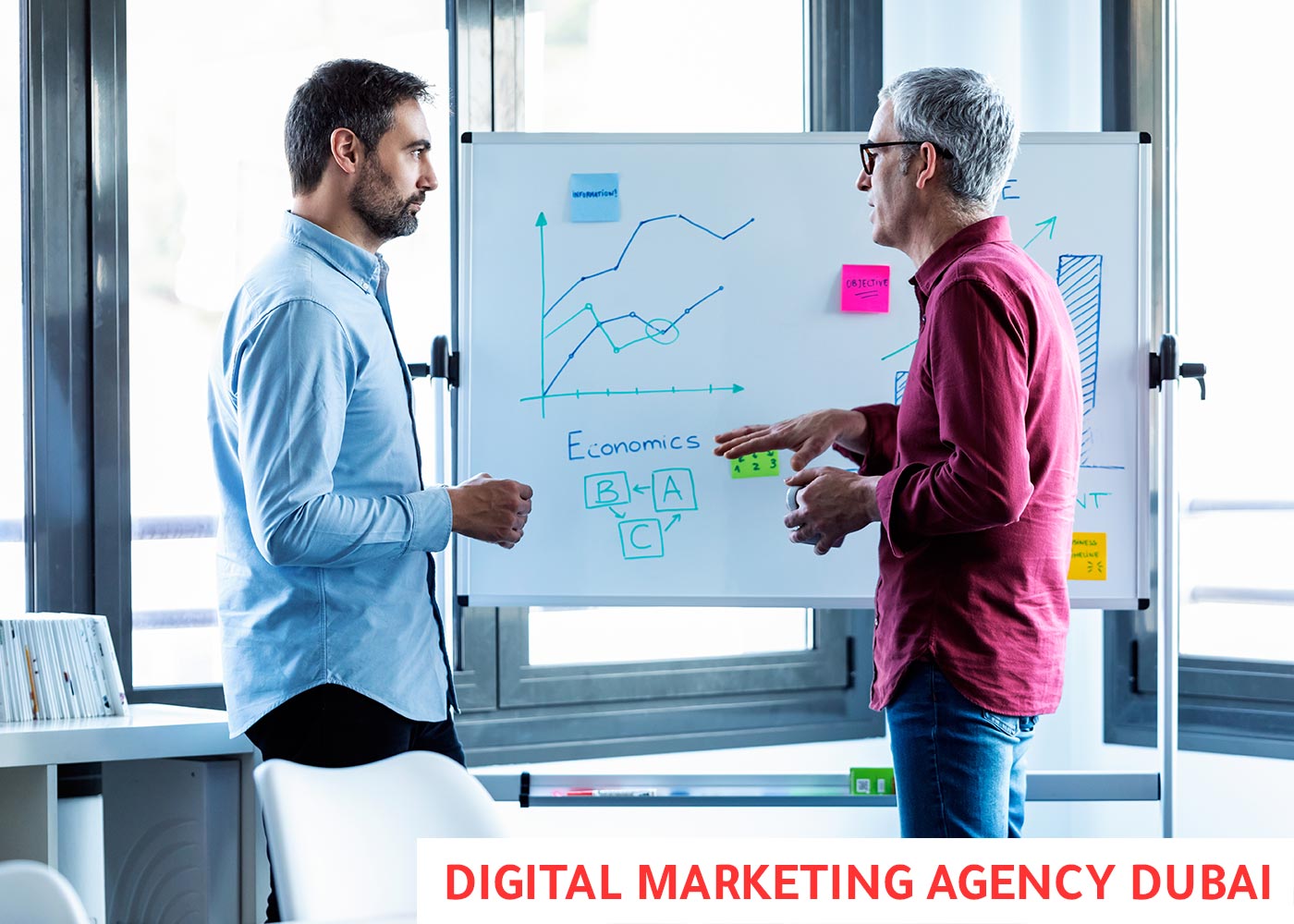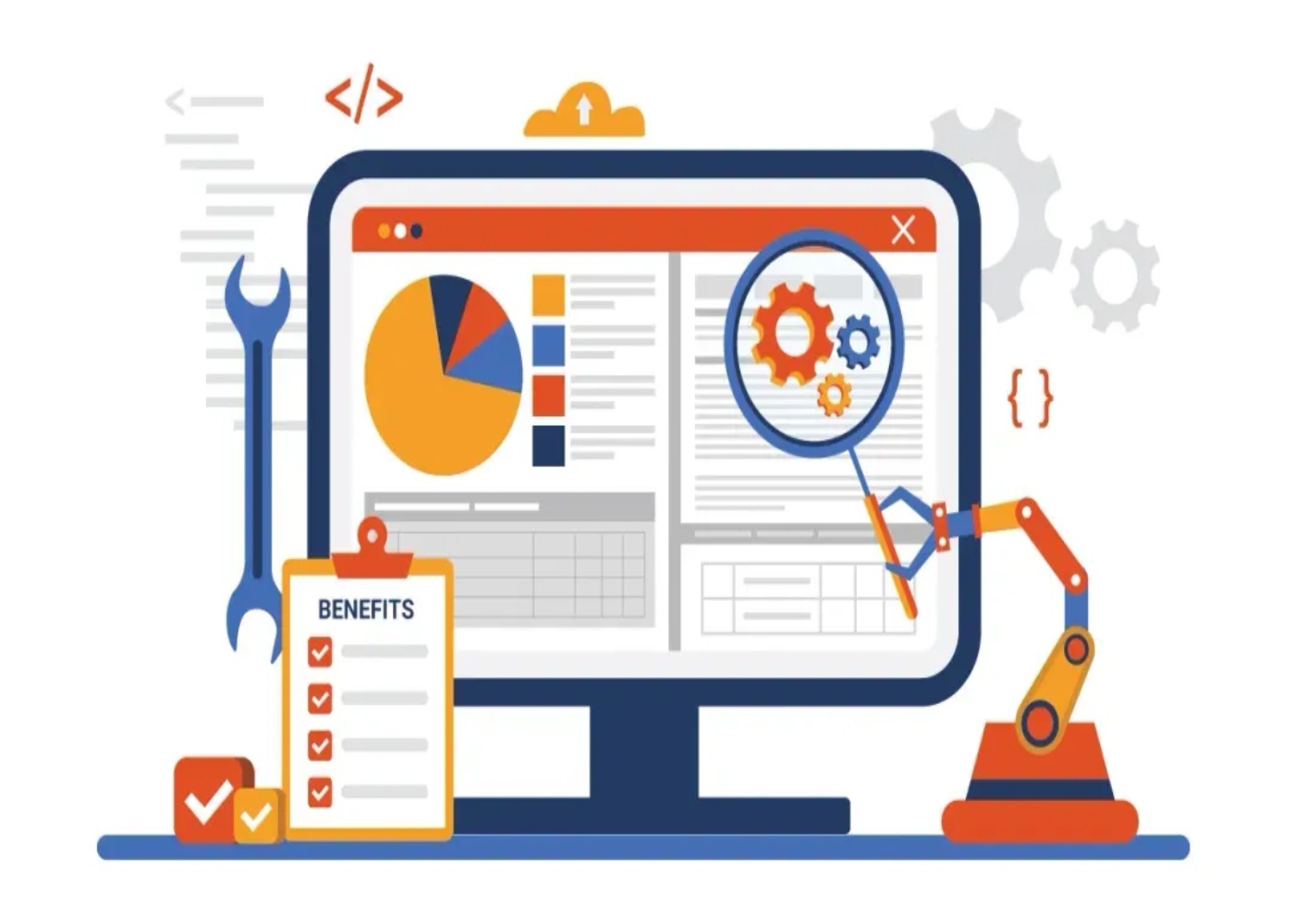
ERP is one of the fastest-developing industries in the world. The international ERP software marketplace will be worth $50.57 billion in 2021. It is predicted to attain $123.41 billion by 2030, developing at a CAGR of 10.7% from 2022 to 2030.
But what is the first-rate ERP in Dubai, and why is the ERP market proliferating?
ERP answers help groups manage their operations more effectively. ERP systems include numerous modules, each specializing in a unique area of commercial enterprise operations. The most common modules are finance, accounting, human resources, and manufacturing.
What Does ERP Mean, and What Does It Stand For?
ERP stands for Enterprise Resource Planning. It is a commercial enterprise control software program that enables you to streamline your enterprise techniques and automate habitual duties. It brings all your departments—income, marketing, human assets, stock, finances, and many others—to at least one location. This offers you a larger picture of your commercial enterprise's performance.
ERP software programs have three forms: on-premise, cloud, and hybrid deployment methods. On-premise structures are installed on your organization's servers, providing you with management over the software. Cloud-based ERP is hosted on the seller's servers, offering far-flung capabilities and putting off the need for maintenance. Lastly, hybrid systems integrate on-premises and cloud systems to offer flexibility and control.
What is an ERP, and how does it work?
Although we've discussed ERP systems, it permits understanding them in elements. ERP software is an enterprise tool that enables manipulation and automates a company's commercial enterprise processes. It includes accounting, human resources, consumer relationship control, and delivery chain management.
Integrating and centralizing those functions can save time and money and improve efficiency. ERP software USA additionally allows groups to enhance their enterprise operations visibility, manage assets, and boost productivity. In addition, ERP software provides real-time information and high-intensity insights that will help you make fact-based choices.
An ERP system typically includes a database, application modules, and a user interface. The databases comprise all the information needed for a company's operations. When you integrate the ERP with 0.33-party systems, it'll mechanically capture data from them. For example, they can include records on consumer orders, sales transactions, production procedures, human resources, stock levels, and more.
ERP modules help control and automate various aspects of enterprise processes. Each module performs a specific function within the more powerful machine: accounting, sales orders, shipping orders, payroll management, etc. The modules speak through an inner community known as an application server.
You can also automate numerous tasks, including payroll calculations, inventory reordering, follow-ups, etc. This allows keeping time while also removing guide mistakes.
The History of ERP
Now that you recognize the ERP machine's meaning, you can recognize its history. ERP systems were first advanced in the Nineteen Sixties and Seventies as massive businesses sought to replace their legacy gear with more contemporary, centralized answers. However, early ERP systems were commonly complex and costly. As a result, their adoption is restricted to big companies with deep pockets.
In the Nineteen Nineties, ERP providers began to provide web-based total answers that might be accessed from everywhere in the world. Today, ERP systems are used by organizations of all sizes and industries. They continue evolving and becoming more sophisticated, with new functions and abilities constantly delivered.

Benefits of ERP Systems for Your Business
By integrating all commercial enterprise approaches and information into an available machine, ERP facilitates doing away with information silos and duplication. This can lead to colossal efficiency gains and cost savings. But there's more to it. Here are a few key motives for using an ERP device:
1- Responsive Customer Service
Customers assume short answers to their questions. With a manual gadget, it's hard for your team of workers to provide them promptly. Alternatively, an ERP machine can assist employees in getting entry to statistics speedy and in actual time.
With an ERP gadget, you may provide your clients with correct information about orders, products, pricing, and inventory stages. This will help you offer higher customer support, hold top relationships with contemporary clients, and appeal to new ones too!
2- Improved Visibility
By integrating all departments and records into one gadget, ERP gives actual-time updates on the popularity of initiatives, stock, and finances. This stage of transparency maintains every person on the same page and helps avoid ability issues. In addition, ERP systems make it easier to identify trends and music progress through the years. This lets managers make more informed selections, optimize resources, and improve average performance.
HR managers can also music employee files, assets, vacations, and ill leaves within the ERP. This allows them to make specific, accurate payrolls and give up-of-service calculations in compliance with nearby laws.
3- Compliance with Local Laws
ERP can assist in ensuring compliance with nearby laws and regulations by automating various processes and providing real-time information visibility. This can assist businesses in song their compliance reputation, becoming aware of capability dangers, and taking corrective motion if vital. In addition,
ERP can help streamline compliance-related reporting and audits. For instance, you may generate custom reports for music compliance with numerous laws and rules. So, if you operate in Dubai, you'd need a gadget to follow local laws. First BIT is a high-quality ERP in UAE and an FTA-authorized software program.
The software program lets you create VAT-compliant tax invoices, Debit notes, and Credit notes and record VAT returns from one location. It takes the headache of meeting taxation laws away so you can recognition on growing your business in Dubai.

4- Enhanced Business Reporting
Real-time reporting is undoubtedly one of the most enormous blessings of ERP. ERP gives customers a 360-degree view of their commercial enterprise by integrating statistics from various departments and structures. This allows them to make better choices and enhance their business.
ERP also simplifies reporting by way of automating many duties in developing reports. This includes statistics series, analysis, and presentation. To call some, you can generate custom reports across all capabilities - finance, stock, procurement, income, and advertising.
Modern ERP solutions provide actual-time records for your initiatives. This includes the challenge's profitability, fees, and favoured output extraction. You can also shape music expenses and revenue and undertake estimates vs Real analysis. And no matter whether you're making a guide or virtual bills, a great ERP will let you consolidate all of your reviews.
5- Better Cost Savings
ERP facilitates lessening charges in numerous ways.
- First, it may automate and standardize approaches throughout the company, central to efficiencies and decreased costs.
- Second, it offers Visibility into organizational spending, permitting managers to make informed selections about which to cut expenses.
- Finally, ERP systems assist in streamlining supply chains and decreasing inventory costs. You can prevent rush orders, overproduction, or over-ordering, which could boom operational expenses.
6- Organized Workflows
You will likely paint with 0.33-celebration experts and ERP professionals when imposing ERP. They will help you compare your present-day tactics and determine a better way to do this inside the new device.
This can lessen the number of steps and make unique methods quicker. Besides, ERP enables standardized workflows by ensuring personnel observe identical exceptional practices. It also makes a clean path for brand-spanking new personnel to observe.
Final Thoughts
ERP structures are effective equipment that assists corporations in streamlining their operations and enhancing their bottom line. However, they're also complex systems that require cautious planning and implementation. Therefore, when considering an ERP system for your business, it's critical to investigate and paint with a dependent associate to ensure a successful implementation.



















Comments (0)
Write a Comment